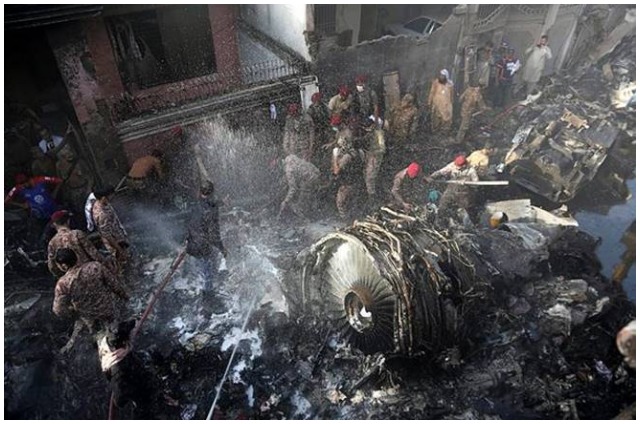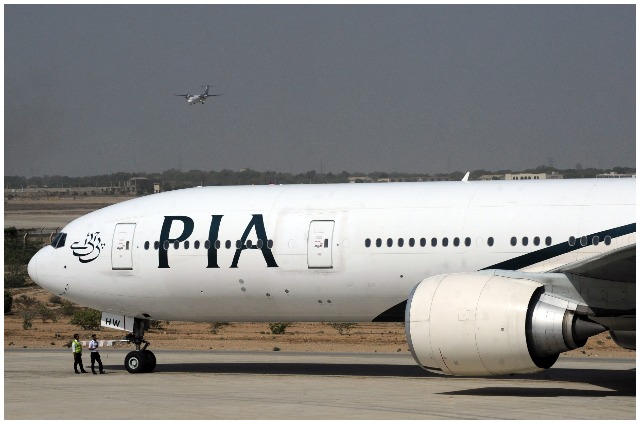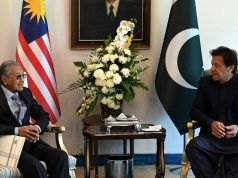AUG 7- On a day when diplomats in South Block, in the Prime Minister’s Office and in the ministry of external affairs, were busy sending notes back and forth on the impending meeting between Prime Minister Manmohan Singh and Pakistan’s Prime Minister Nawaz Sharif in New York, the killing of five Indian soldiers dealt a severe blow to the limping peace process that the two Premiers are seeking to resurrect.


The government appeared to have shot itself in the foot on the killing of five Indian soldiers in the Poonch sector of the LoC by offering two versions of the incident, giving the embarrassing message that it was unsure whether the attackers were Pakistan Army regulars and allowing Islamabad to escape in the ambiguity.
Defence minister A.K Antony claimed in a statement in Parliament that the Indian soldiers were killed in an “ambush carried out by approximately 20 heavily-armed terrorists along with persons dressed in Pakistan Army uniforms”. Antony refrained from directly identifying the intruders as Pakistan Army regulars.
But another version of the incident, put out by the Army’s Northern Command which claimed Indian troops were ambushed by a “Pak Border Action Team”, was hurriedly withdrawn. The Northern Command statement had claimed that the ambush was carried out by approximately 20 heavily-armed terrorists along with soldiers of the Pakistan Army.
The withdrawal of the Northern Command statement led to insinuations that the Army’s version about the direct involvement of the Pakistan Army was diluted. This was clearly not a one-off incident; the killings on the LoC were part of a strategy to put Kashmir back in the international spotlight, Pakistan observers said.
Two weeks ago, Mail Today had first reported that South Block was worried that Kashmir would be back with a bang on the dialogue table with Sharif’s secret “K plan”. According to the new Kashmir strategy cleared by Nawaz Sharif, who has espoused the Kashmir cause, the nerve centre of this strategy will be a new Kashmir Cell being set up in the office of the Pakistan Prime Minister which will ensure that while there will be moderate statements from Pakistani leaders, the ISI and jihadi groups will continue to run their terror machine, thus affording their government complete deniability.
The incidents in Kashmir will then be raised by ISI-funded NGOs located in different international capitals to put pressure on India. Evidence of a clear and present danger from Pakistan does not end there. An internal note circulated last week by South Block warned of a threat from the ISI-funded Taliban’s Haqqani network to Indian interests in Afghanistan and of a plot to assassinate the Indian envoy to Kabul. This piece of intelligence bore out: there was a attack on the Indian consulate in Jalalabad last week.
On Tuesday, the government said in Parliament that terror activities had increased in Kashmir in the aftermath of the hanging of Parliament attack convict Afzal Guru.
INDIA TODAY










